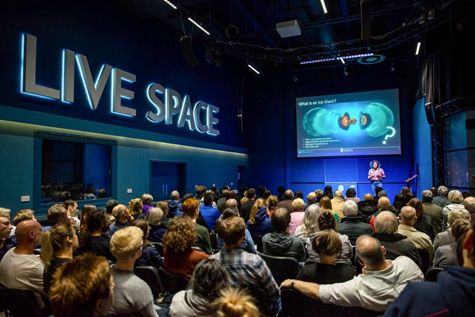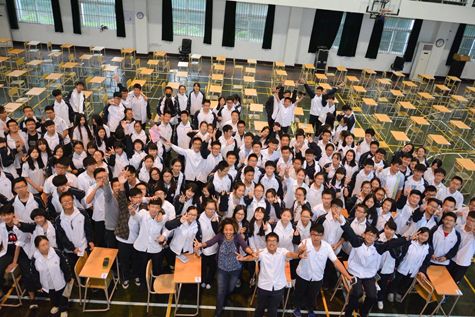Early Career Scientist Spotlight
Dr. Naomi Rowe-Gurney (she/her)
Planetary Scientist
Astrochemistry Laboratory (691)
What science questions do you investigate?
I investigate the atmospheres of the Ice Giants, Uranus and Neptune. We know very little about both of them because we have only visited them once each during the Voyager 2 flybys in the late 1980s. This means there are a lot of very broad science questions we still don’t know the answer to. For my PhD, I used mid-infrared spectroscopic data from the Spitzer Space Telescope Infrared Spectrometer to investigate the two planets using radiative transfer and optimal estimation retrieval models. I look at the temperature structure and composition of the middle atmosphere, which provides clues about both chemical and circulation processes. Spitzer also gave us questions we want to answer with the James Webb Space Telescope (JWST) when it observes the planets in its first year of operations. My current role at NASA Goddard is supporting all of the science teams who have guaranteed time observing the Solar System with JWST.
Did you always know that you wanted to be a Planetary Scientist?
I have always loved science and I visited a planetarium in London at a very early age where I first discovered my curiosity for space. I wasn’t very good at mathematics at school, and I was told that I should probably not do physics at a higher level. It was my love for space that got me through school and that gained me a place at University of Leicester to study a Master’s in Physics with Astrophysics. During University, I loved astronomy, but I also loved meteorology. I didn’t know until much later that planetary atmospheric physics existed and that it was a perfect way to study them both. As soon as I found out, I pursued my PhD studying the atmospheres of my favourite planets, Uranus and Neptune.
What aspect of your work excites you the most?
My favourite part of research is presenting at seminars, conferences, and events around the world. I have been lucky enough to do talks in the USA, Europe and China. I have spoken to other scientists, students of all ages, and the public on many topics. I enjoy talking about not only my research but also about more general topics, careers, and equity, diversity and inclusion. I am starting a role as a mentor for a few young scientists this year and it is always exciting to be able to impact people early in their education or career, especially other Black women and girls.
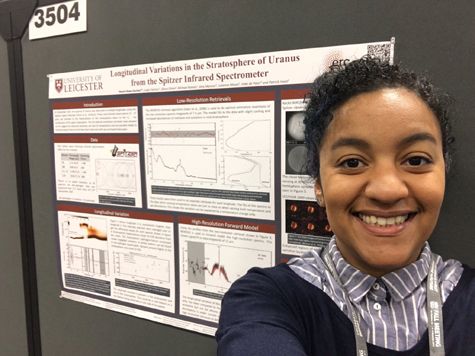
Credit: Naomi Rowe-Gurney
Credit: Rafael G Paz (TourVista)
What skills are most useful to you in your work, and where did you develop those skills?
In my current role, I do a lot of communication and presentations about the James Webb Space Telescope. Those skills are the reason I have my job and I gained them during my time as a teacher. Between getting my masters and starting my PhD, I lived in Shanghai, China for 5 years and taught Physics to Chinese high-school students that were hoping to study at University in the UK and US. Teaching involves presenting and communicating scientific ideas every day and it both prepared me and gave me my love for this part of my job.
Credit: Jennifer Jacobs-Kraft
Who inspires you?
As a Black woman in STEM, it’s not always easy to find a role model to look up to. I was extremely lucky that the women in my family are all people who inspire me. My mother works in IT and used to do programming in Fortran using punch cards. My cousin is in accounting and my auntie also studied physics at university. Without these women in my life, I would not have gotten through the obstacles that I faced throughout my education and career.
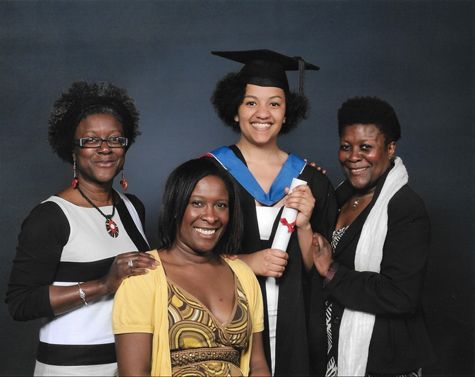
Credit: University of Leicester
What do you like to do in your free time?
I love to do everything nerdy like gaming, watching sci-fi tv shows and movies, and reading books and comic books. I moved to the US from the UK with my wife and dog and so a big part of my free time is spent going on dog walk adventures and finding new places to explore as a family.
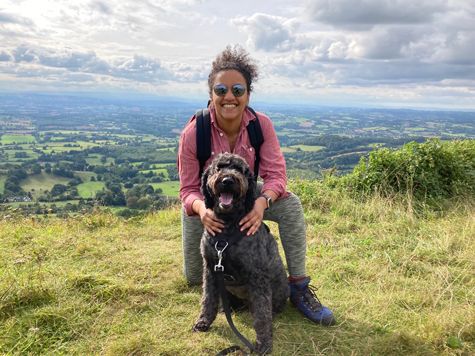
Credit: Lydia Neary
What are your future research interests and goals?
Now that I am working with the James Webb Space Telescope, I am extremely excited about the kinds of things we will find out about our own solar system from this mission. I hope to get more involved with other solar system objects other than Uranus and Neptune. I am interested in Titan’s atmosphere and the ocean worlds Europa and Enceladus. All of these will also be observed with JWST in the first year of operations. Uranus and Neptune will always be my favourite though. In the next 10 years, I hope we see a mission or multiple missions to these outer planets and my goal is to be involved in those missions.
Biography
Home Town:
Newbury, Berkshire, United Kingdom
Undergraduate Degree:
Physics with Astrophysics MPhys, University of Leicester, Leicester, UK
Post-graduate Degrees:
Ph.D., University of Leicester, Leicester, UK
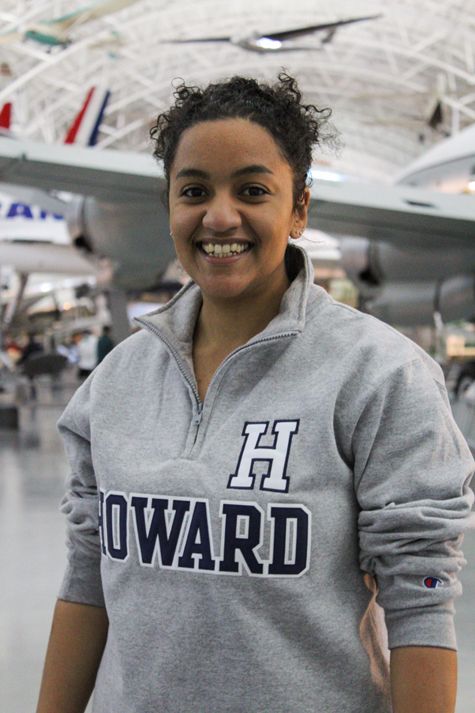
Link to Dr. Rowe-Gurney's GSFC Bio

